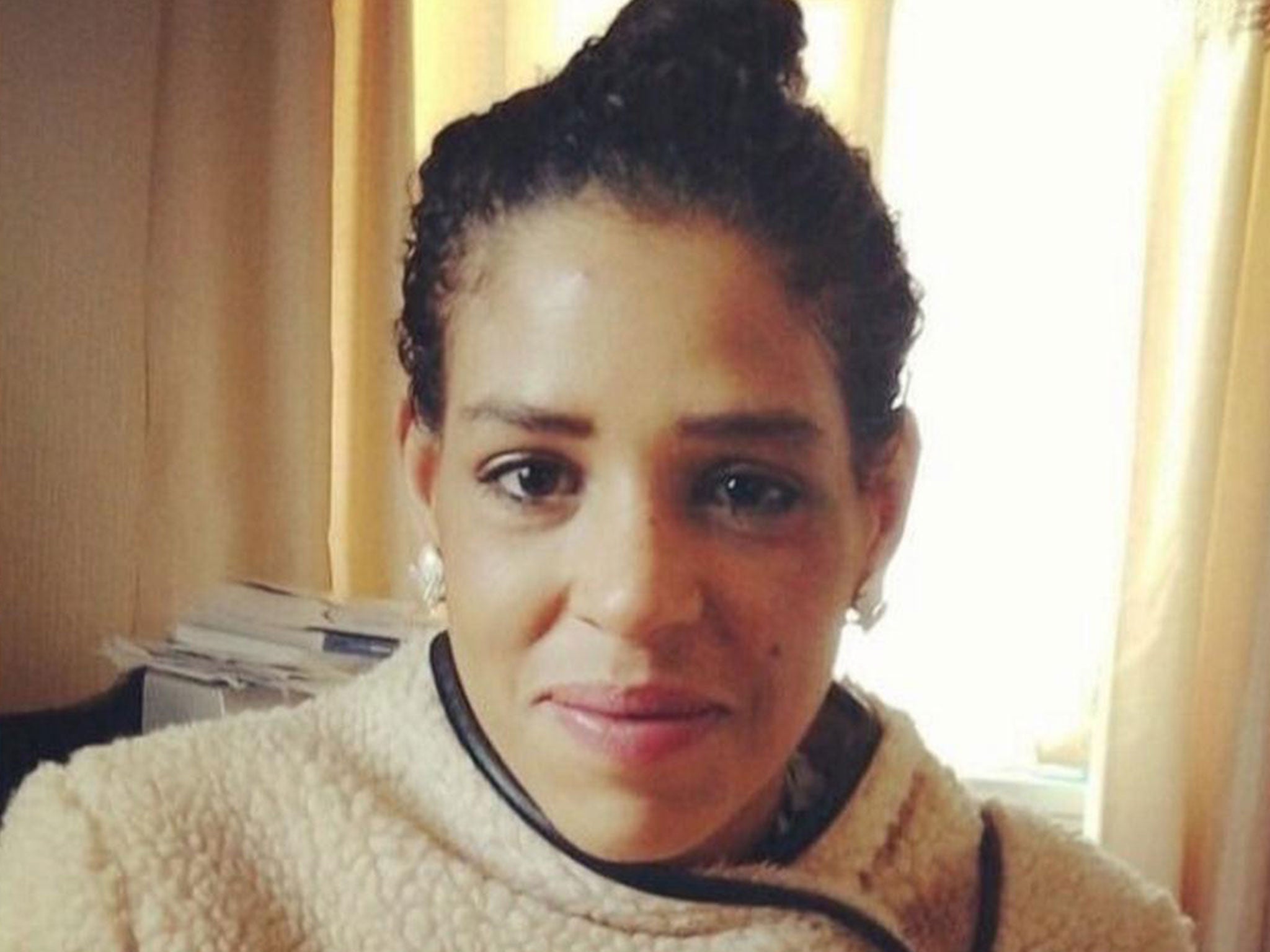In solidarity with the UFFC March: The inquest of Sarah Reed
Saturday, October 28, 2017
CW: Police brutality, sexual violence, state violence, mental health
The United Families and Friends Campaign made their annual memorial procession through the streets of London today, the 28th of October. On this day, and every day, Sisters Uncut stand with UFFC to remember all those who lost their lives at the hands of the state; inside prison cells or detention, in police vans, or simply on their way to the local corner shop.
We understand that many of those frequently affected by police brutality in the UK and globally are black men and other men of colour. It is often our most vulnerable and oppressed men: migrants, those experiencing mental health issues and those with learning disabilities, who are perpetually subjected to racist control and violence by the state. We also want to acknowledge the black and brown women and non-binary people who have been killed while in the custody of the state, whether as a result either of police brutality, abuse and neglect during incarceration or other manifestations of systemic state violence.
Earlier this year, in solidarity with her family, members of Sisters Uncut attended the inquest of Sarah Reed. Sarah, a 32 year-old black, working class woman with mental health support needs, died in Holloway Prison in January 2016 after a long journey of state-inflicted violence. Instead of receiving the mental health support she needed after losing her child, Sarah was subjected to abuse time and time again. The multiple instances of violence perpetrated against Sarah included an assault by an officer of the Metropolitan Police, which led to further deterioration of her mental health due to the trauma, and an attempted rape while she was later detained in a psychiatric unit under the Mental Health Act. When she died, she had been in HMP Holloway on remand for more than three months. The sole purpose of her detention was to obtain two psychiatric reports to confirm whether she was fit to plead for an alleged offence (an incident which occurred when she was defending herself from an abuser) which took place whilst she was an inpatient at a mental health unit.
What we saw during the inquest was, unfortunately, not surprising.On the witness stand we saw a string of psychiatrists (mostly middle-aged, white, middle class cismen) attempting to cover their own backs. They were judgemental, unsympathetic and unashamed. Despite their backtracking and clever side-stepping, the jury found that “Sarah did not receive adequate treatment for her high levels of distress, and the failure of prison psychiatrists to manage Sarah’s medication contributed to her death,” and that “The failure to complete the fitness to plead assessment in a timely manner contributed to her death.”
In fact, the psychiatrists had treated Sarah on the basis of only a diagnosis of a personality disorder, dismissing her history of diagnosis of psychotic disorder including paranoid schizophrenia. Her medication was changed and, of course, she was treated punitively rather than supportively. After one psychiatrist recommended she resume taking anti-psychotic medication, it took the lead psychiatrist 2 weeks before consulting with the team at HMP Holloway. All the while Sarah’s distress was increasing and her mental health was deteriorating fast. She died a few days later.
Importantly, the jury also stated “Sarah’s death was self-inflicted at a time when the balance of her mind was disturbed but [they] were not convinced that she intended to take her life.” Confirmed: She was killed by the state.
One psychiatrist admitted that he concluded his “assessment” after merely looking through the hatch in Sarah’s cell door for a couple of seconds, not even having stepped into to room or engaged her in conversation. “But you can tell a lot from observation,” was the gist of his lengthy defence.
It was also appalling to see the judge himself make a snide remark about Sarah, after her support worker had mentioned her missing a couple of doctor’s appointments. “Not very good at keeping appointments, is she?” Well, just maybe that’s one of the things someone with mental health support needs might need help with. And maybe, as a judge, you could leave your disablist attitudes at home. In that room, it became clearer than ever that as a black working class woman, Sarah Reed had the odds stacked against her at every point of her engagement with the state. We could see not a single witness who would be able to even begin to relate to her lived experience on a personal level.
Today, we march for Sarah Reed. We stand in solidarity with her family and all of the families affected by police brutality and deaths in state custody. We will continue to fight with them and to expose the systemic oppression and violence inflicted upon our sisters, brothers and siblings by the police, prisons and mental health services.
Click here to find out how you can support the United Friends and Families Campaign.
Details or the jury’s findings during the Inquest can be found here: Inquest.org.uk

